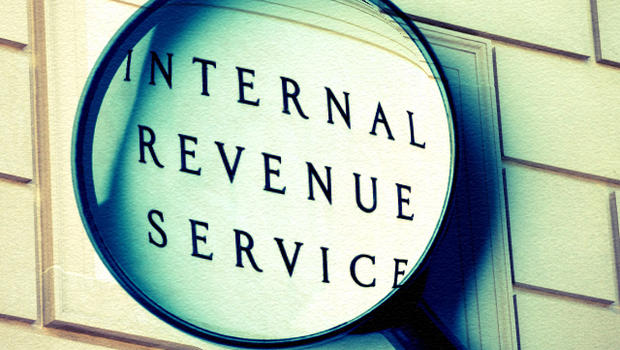Working for yourself is great. You get to be your own boss, decide how much (or how little) work you want to do and control your own professional destiny. But working for yourself has its price, one of the biggest being the self-employment tax.
What Is Self-Employment?
According to the IRS, you are self-employed if you run a business as a sole proprietor, independent contractor or partnership and make $400 or more. Basically, if you’re your own boss, even in a part-time business, you have self-employment earnings as far the IRS is concerned.
What Exactly Is the Self-Employment Tax?
The self-employment tax is a 15.3% tax on your income that is really a combination of two taxes: Social Security (12.4%) and Medicare (2.9%). Even if you aren’t self-employed, you’re likely still paying these two taxes, but in much lower amounts.
For the most part, for every $100 anyone earns, the IRS gets $15.30 in Social Security and Medicare taxes. If you are a W-2 wage earner, such as someone who works as an employee for an employer who takes your taxes out for you, you only have to pay half that, or $7.65. The remaining $7.65 is paid by your employer.
If you are self-employed, you have no “employer” to pay half of the 15.3% Social Security and Medicare tax bill. As a result, you’re stuck with paying the entire 15.3% of the Social Security and Medicare taxes, instead of the 7.65% if you were a W-2 wage earner.
If you make over a certain amount ($118,500 in 2015), what you pay in self-employment taxes drops a large amount. Anything you make over that amount is subject to only Medicare taxes and not Social Security taxes.
Finally, the self-employment tax rules apply no matter how old the taxpayer is or if the taxpayer is already receiving Medicare and/or Social Security payments.
How Do I Pay Self-Employment Taxes?
If you are subject to the self-employment tax and have an expected end-of-year tax liability of $1,000 or more (after taking all withholdings) you generally have to pay your taxes quarterly. Even if you plan on paying your entire tax liability on April 15th, you must make estimated quarterly tax payments or pay a penalty.
One exception to this quarterly estimate tax payment requirement is when other income tax withholdings amount to 90% or more of your total tax bill. For example, if you make $100,000 per year, but $91,000 comes from a W-2 job and $9,000 comes from self-employment work, you won’t need to make estimated quarterly tax payments. This exception applies even if you will have more than $1,000 in expected end-of-year tax liability.
The Self-Employment Tax Deduction
The self-employment tax isn’t all bad news. The 7.65% in extra taxes you have to pay (compared to a W-2 wage earner) can be taken as a tax deduction. This doesn’t alleviate the entire self-employment tax burden, but it helps.
In Closing
The self-employment tax isn’t the most complicated tax requirement ever handed down by the IRS, but things can get a little tricky if you have multiple jobs and are really close to the estimated quarterly tax payment threshold. If you’re not sure whether you’re subject to the self-employment tax, are required to make estimated quarterly tax payments or how much those estimated quarterly tax payments should be, you probably want to speak with a tax professional.









